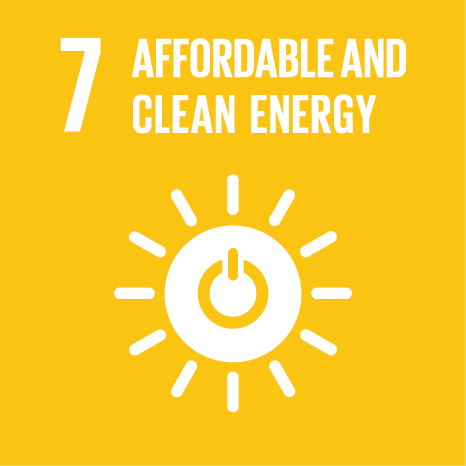Ciência_Iscte
Publications
Publication Detailed Description
Journal Title
Energies
Year (definitive publication)
2023
Language
English
Country
Switzerland
More Information
Web of Science®
Scopus
Google Scholar
Abstract
Portugal, in line with the European Union, is aiming for carbon neutrality by 2050 (Net Zero), which implies a transition to sustainable energy sources. Climate change is all too evident, as extreme weather periods are occurring in a cyclical manner with greater brevity to such an extent that the grid operator must deal with production scenarios where it can no longer rely on hydroelectric production given the recurring drought situation. This situation increases dependence on thermal production using natural gas and imports. This has significant economic implications. Portugal has exploited its onshore wind potential, reaching an installed capacity of 5.671 MW by 2022. However, the expansion of onshore wind energy is limited to reinforcing the existing infrastructure. To overcome these challenges, it is necessary to expand the exploitation of the offshore wind potential that is already underway. This article proposes the location of offshore wind production platforms along the Portuguese coast. This allows for an analysis of offshore production and its optimization according to the minimum cost per MWh in the face of extreme scenarios, i.e., in periods of extreme drought where the hydroelectric production capacity is practically non-existent. The model is fed by using market price indications and the amount of energy needed for the following day. Using forecast data, the model adapts offshore wind production for the following day according to the minimization of the average market price. This study presents an optimization model adapted to combat the unpredictability of extreme weather conditions. This strategic framework significantly increases the resilience and reliability of offshore wind energy production, marking a significant advance in the management of renewable energy under the pressure of climate variability. The results of the simulations allow us to conclude that despite the high cost of offshore technology (in deep waters), in extreme climate scenarios, it enables cost reduction and a clear decrease in imports.
Acknowledgements
--
Keywords
Wind offshore,Renewable energy,Dynamic model,Economic evaluation,Optimization methodologies
Fields of Science and Technology Classification
- Mathematics - Natural Sciences
- Earth and related Environmental Sciences - Natural Sciences
- Other Natural Sciences - Natural Sciences
- Civil Engineering - Engineering and Technology
- Electrical Engineering, Electronic Engineering, Information Engineering - Engineering and Technology
- Environmental Engineering - Engineering and Technology
Funding Records
| Funding Reference | Funding Entity |
|---|---|
| UIDB/00308/2020 | Fundação para a Ciência e a Tecnologia |
Contributions to the Sustainable Development Goals of the United Nations
With the objective to increase the research activity directed towards the achievement of the United Nations 2030 Sustainable Development Goals, the possibility of associating scientific publications with the Sustainable Development Goals is now available in Ciência_Iscte. These are the Sustainable Development Goals identified by the author(s) for this publication. For more detailed information on the Sustainable Development Goals, click here.

 Português
Português




